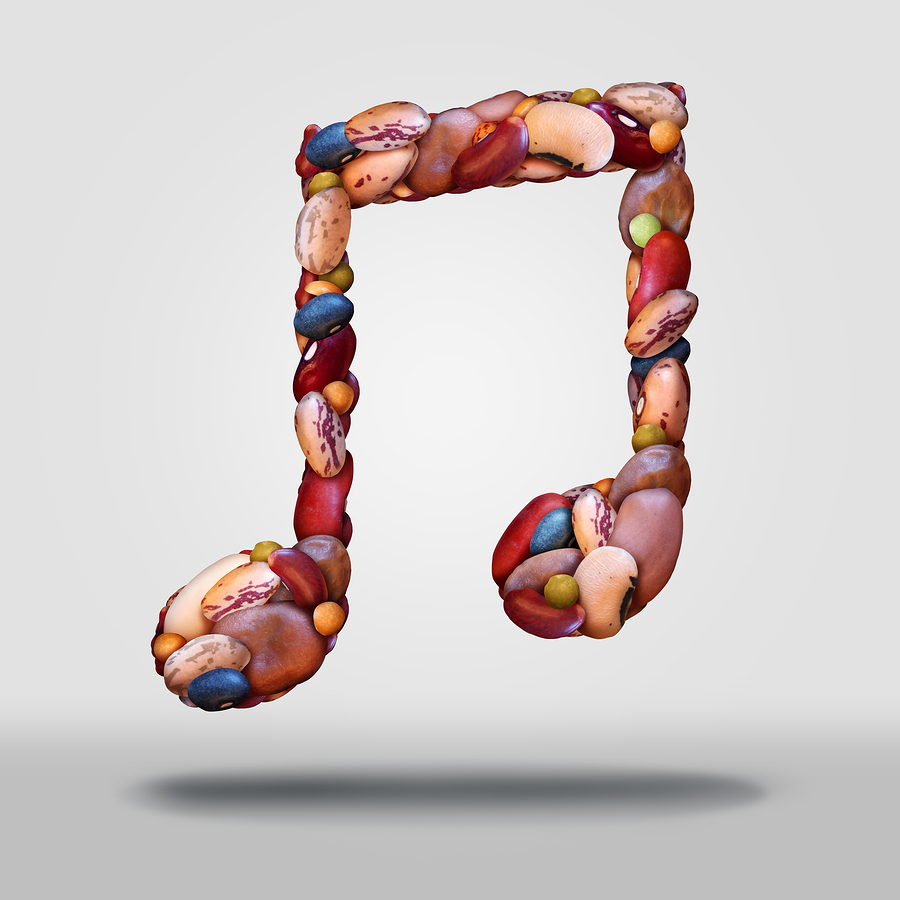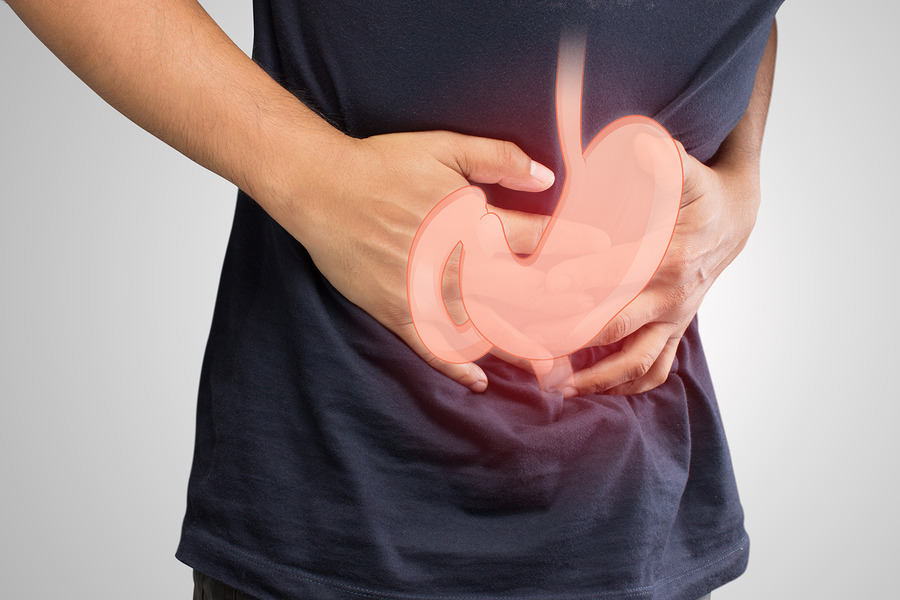- Make It Yourself Lavender Heart-Shaped Bath Bombs!
- 20 Things You Never Knew About “Down There”
- 12 Best Foods For Those Suffering From Arthritis Pain
- 12 Personal Hygiene Mistakes Almost Everyone Makes (Mom Never Told You About #4!)
- 15 Medicinal Plants And Herbs From The Cherokee People
- 12 Mind-Blowing Benefits Of Drinking Coconut Water During Pregnancy
- 12 Outstanding Winter Foods That Won’t Fatten You Up Like A Christmas Turkey
What You Must Know About Your Digestive System

Photo credit: bigstockphoto.com
Do you have problems with your stomach after eating, but you just figure that everyone must feel the same way? Do you chalk it up to eating certain foods or eating too much? You might need to know exactly how the digestive process works so you can decide if you have issues with your system that need to be addressed.
How Does the Digestive System Work?
When you eat something, the digestive process starts in your mouth. From there, it moves to the stomach after passing through your esophagus. The pancreas and liver also make their contributions before the small intestine absorbs all of the nutrients. Any waste goes through the colon and is passed out of your anus. Any problems with your digestion system can occur during any stages of this process.
Hidden Problems in the Digestive Process
Even though your food has a bit of traveling to go through before it is digested, there are four major ways it can run into problems.
- Food Allergies. Your immune system is supposed to protect you from foods that don’t agree with you. The problem is sometimes it gets confused and starts attacking the wrong foods. This could be because your gut lining has let some foods end up where they are not supposed to.
- Slow Bowel Transit. If your body takes too long to digest the food that you have eaten, it can cause problems. If it takes too long, it could even leave you constipated.
- Imbalance in Your Gut. Having an imbalance in the flora of your gut is called dysbiosis. There are good parts and bad parts to your gut flora. The problem occurs when the bad begins to outweigh the good.
- Not Enough Stomach Acid. If you don’t have enough acid in your stomach, it is called hypochlorhydria. You will have problems digesting your food if you don’t have enough acid in your stomach to break down the food. The result is any bacteria that is in your gut will be left to break it down.
Continue to Page 2

Photo credit: bigstockphoto.com
Ways You Can Get Your Digestion Back on Track
- Chew your food slowly. Make sure when you eat, you relax and chew everything slowly. This will give your body enough time to ensure the flow of blood to your gut and help your pancreas to produce enzymes and release them.
- Stay hydrated. Drink plenty of water to help with the digestion process and prevent you from becoming constipated.
- Exercise. All it takes is a routine of walking three times each week for around 20 minutes and your bowels will be consistent.
- Don’t eat processed foods. Try to eat everything in its natural state so you can avoid any additives and preservatives that could be causing your gut to become inflamed.
- Stay away from fried foods. Cook your vegetables by sautéing them, steaming them, or just lightly cooking them. Eating them raw could put too much of a strain on your digestive process causing bloating and gas.
Continue to Page 3

Photo credit: bigstockphoto.com
Serious Problems with Your Digestive System
While there is a variety of problems that could occur in your digestive system, some of them are minor and can be corrected naturally, such as the circumstances above. Other conditions may require you to check with your physician.
RELATED: 10 Most Surprising Facts About Your Digestive System
The following eight conditions require a proper diagnosis from a gastroenterologist. This is a medical professional who can determine which issue you may have. Once your condition has been confirmed you may require prescription medications, a complete change in the way and what you eat, or you may even require surgery to correct the situation. Seek medical attention immediately if you suspect you have any of the following digestive issues.
- Reflux Disease
- Celiac Disease
- Diverticulitis
- Tears in Your Digestive Tract
- Irritable Bowel Syndrome
- Ulcerative Colitis
- Gallstones
- Crohn’s Disease
Continue to Page 4

Photo credit: bigstockphoto.com
Poor Digestion Signs You May Be Ignoring
If you find yourself experiencing any of the following symptoms you may want to check with your primary care physician to see what can be done to correct them.
- Bad Breath. If you have bad breath that won’t go away no matter what you do it could be problems with your digestive tract. Any kind of fishy odor could mean kidney problems and if it smells like fruit your diabetes could be out of control.
- Needing a Nap After Eating. If you find yourself tired after you just finished a meal you might have a slow digestive process. Try to eat smaller meals and refrain from overeating.
- Bad Odors. Some foods that are hard to digest, such as red meats, could become reabsorbed into the body and leave the body by sweating and coming out through the skin. Once they pass through the digestive process they may emit a smell.
- Anemia and a Deficiency of Iron. If you find that you have an iron deficiency, you could be losing blood in your gastrointestinal tract. Celiac disease could leave you anemic.
- Nails that are Brittle. When you take a look at your fingernails and you see ridges or any other kind of issues with them they may be the result of too little acid creating trouble digesting your meals.
- Problems with your Skin. You should check with a dermatologist if you find yourself experiencing problems with your skin. Doctors have found that some skin conditions, such as eczema, acne, rosacea, and dermatitis, begin in the digestive tract.
- Unexplained Weight Issues. If you find yourself losing weight and you haven’t been trying to, it could be a sign that your body is unable to absorb the nutrients you are consuming. If you are gaining weight and haven’t increased your eating habits, you may be experiencing a slow bowel movement.
- Food Allergies. You may have trouble digesting certain foods or liquids because your body may not have enough digestive enzymes. You could be allergic to dairy because you do not have the lactase enzyme.
References:
































